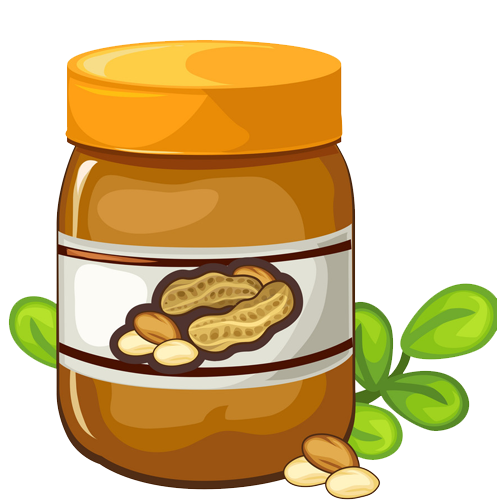Nuts &Seeds: The YES List
| Almonds | Flax Seed | Pumpkin Seeds |
| Brazil Nuts | Chestnuts | Hazelnuts |
| Hemp Seeds | Sesame Seeds | Sunflower Seeds |
| Chia Seeds | Macadamia Nuts | |
| Pine Seeds | Coconut |
You can eat some nuts during this stage of the diet, but be aware that most nuts do contain a certain amount of mold. Mold is particularly troublesome for fungus sufferers, but not because it ‘feeds the Fungus,’ as you may have read on some websites. This fungus, usually found on the outside of the nut, can trigger an immune response from Feminine Issues and Fungus sufferers who are already fighting their own fungal infection, and who have become particularly sensitive to mold exposure.
That said, in our experience, very few people actually tend to react to nut consumption. If you are concerned that you may be especially sensitive to these trace amounts of mold, we have a very simple suggestion: soak the nuts overnight. An alternative, faster method is to spray them with a little Grapefruit Seed Extract (GSE). Just dilute the GSE as directed and spray on the outside of the nuts. After about an hour the GSE will have neutralized any traces of mold and they will be ready to eat.
Nuts &Seeds: The MAYBE List
| Nut Milks | Pecans | Nut Butters |
| Pistachios | Cashews | |
| Walnuts | Peanuts |
Nuts &Seeds: The NO List

Nut Butters From Moldy Nuts
Nut milk and creams are generally safe to eat as long as they are unsweetened. Unsweetened almond, hazelnut, cashew, hemp, or coconut milk are all fine. Just try to choose products that are free of carrageenan, a seaweed derivative that is often added to many non-dairy types of milk as a lubricating agent.
Some studies have suggested it causes gut irritation and sensitivity, which may exacerbate whatever digestive symptoms you are already experiencing. There are even unconfirmed links between carrageenan and increased rates of gastrointestinal cancer in lab animals. If you’re up for trying it, making your own nut milk at home is absolutely the best way to enjoy healthy, nut-based milk. You will know exactly what is going into it, and you won’t need to use any preservatives or lubricating agents like many of the commercial brands do.
Nut butter is generally OK, but watch out for added ingredients. Also, be aware that mold can make its way into nut butter too. Make sure you buy high quality, organic brands, and avoid nut butter made from nuts that are particularly prone to mold (peanuts, cashews, etc.).
The nuts that are highest in the mold are usually peanuts, cashews, pecans, walnuts, and pistachios, so you might want to think about excluding these from your diet until you have recovered from your Fungus overgrowth. If you do choose to use them in a recipe, make sure they are soaked overnight or sprayed with Grapefruit Seed Extract before you use them. As mentioned above, also avoid nut butter made from these particular nuts.